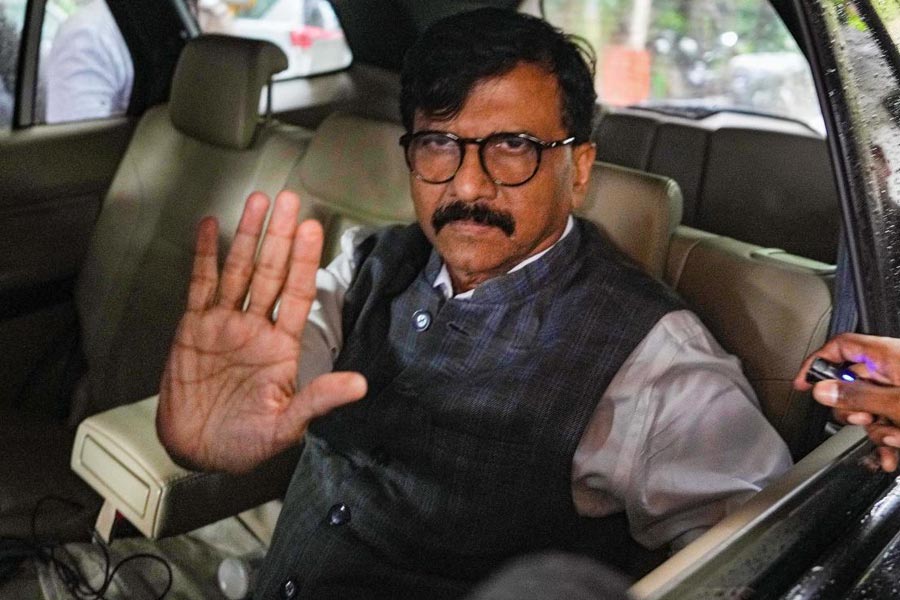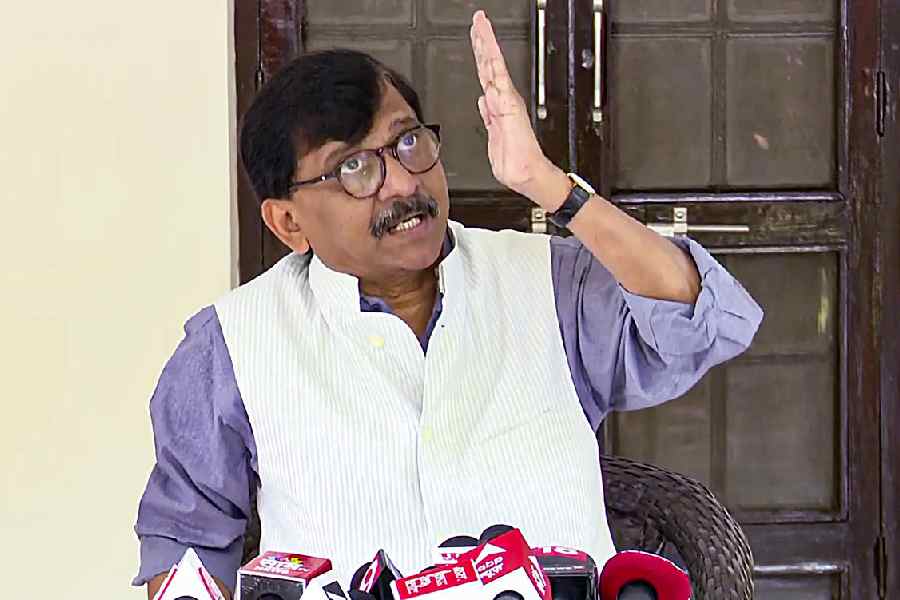Shiv Sena (UBT) leader Sanjay Raut on Friday welcomed the Centre's decision to grant classical language status to Marathi, stressing that it was a result of collective efforts and could not be credited to a single party or leader.
Talking to reporters, Raut said if the BJP-led Union government's motive behind the classical language status was to compensate for its Lok Sabha rout in Maharashtra, its "alms" were not needed.
The Union Cabinet on Thursday accorded the classical language tag to Marathi, Pali, Prakrit, Assamese, and Bengali.
The move comes ahead of the Maharashtra assembly elections, likely to be held next month.
The Shiv Sena (UBT) leader said, "Every political leader and chief minister in the last 30 to 35 years worked to get the classical language status for Marathi. It is a great honour. It is due to collective contribution and not because of a single party or any leader."
He said political parties had raised the issue in every session of the Parliament for decades.
In a dig at the BJP, Raut said the BJP had honoured Marathi on paper by granting it the classical language status, but it should stop industries from going outside Maharashtra.
Ahead of the state assembly polls, the demand for classical language status to Marathi gained political momentum. The Shiv Sena-BJP government in Maharashtra had formed a committee, led by former diplomat Dnyaneshwar Muley, earlier this year.
The Government of India decided to create a new category of languages as “classical languages” on October 12, 2004, declaring Tamil as a classical language. Till now, there were six classical languages in India — Tamil, Sanskrit, Telugu, Kannada, Malayalam and Odia.
Except for the headline, this story has not been edited by The Telegraph Online staff and has been published from a syndicated feed.












